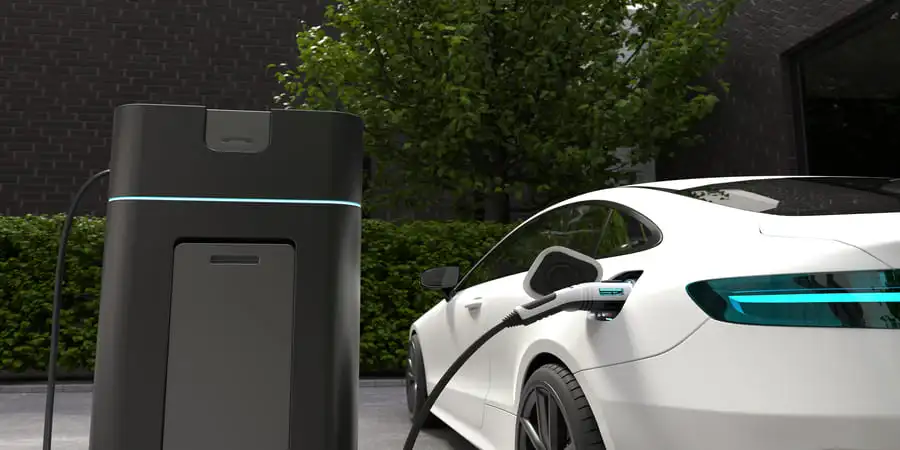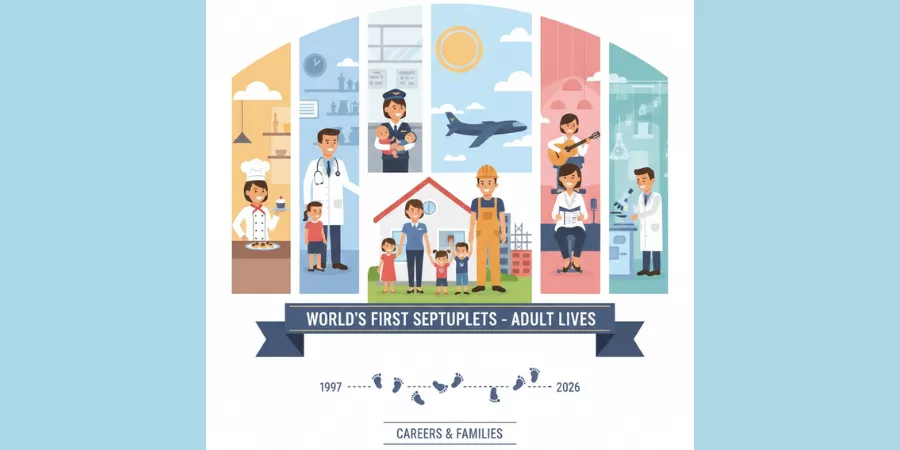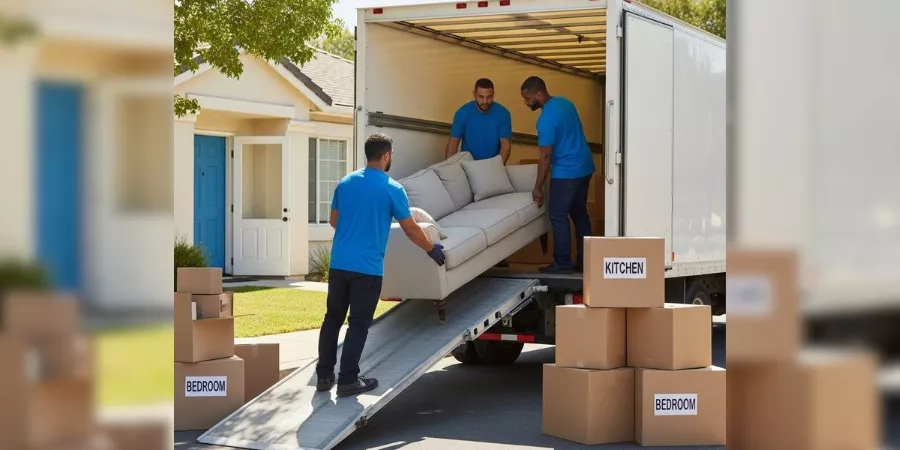Major automakers BMW and Nissan are scaling up their manufacturing capabilities in Mexico to adapt to the rapidly growing electric vehicle (EV) market. BMW is constructing a massive new battery plant next to its existing facility in San Luis Potosi to produce batteries for its upcoming Neue Klasse electric SUV starting in 2027. The $864 million battery plant will create over 500 new jobs.
BMW is also investing in digital tools like data analytics, AI supply chain monitoring, redesigned factory layouts, and new transportation logistics to support EV production and distribution. Overcoming challenges like battery degradation in Mexico’s climate and building out EV charging infrastructure are priorities.
Meanwhile, Nissan is adjusting its Mexican supply chain and logistics operations to handle fluctuating U.S. consumer demand impacted by higher interest rates and vehicle costs. Labor shortages, especially for truck drivers, and equipment shortages have created bottlenecks. Nissan has shifted from relying mainly on rail to using vessels and trucks to transport vehicles from Mexico to the U.S.
As two of the world’s largest automakers, BMW and Nissan’s moves to expand EV production capabilities in the major auto manufacturing hub of Mexico signal the automotive industry’s accelerating pivot towards electric vehicles. Revamping sprawling supply chains and factory operations is crucial to meeting changing consumer demand for EVs.















